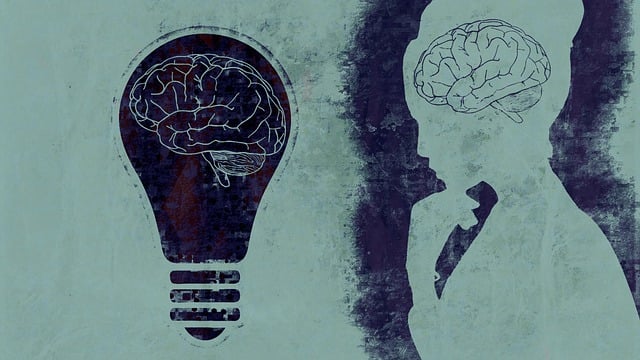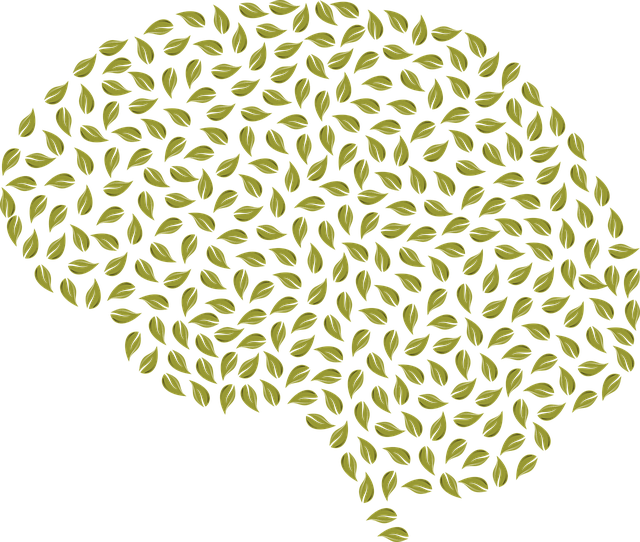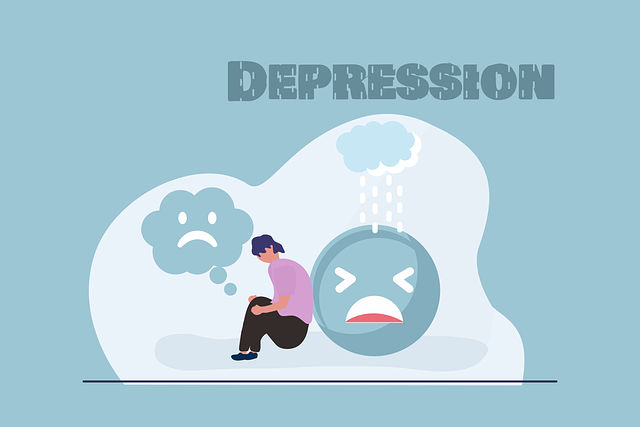Codependency among elderly populations is a hidden but significant issue, often occurring in caregiver-elder or family member relationships, leading to reduced autonomy and self-esteem. Effective therapy tailored for elders must address codependency by fostering resilience, healthy boundaries, and cultural sensitivity, integrating depression prevention and stress reduction methods. Risk assessment is crucial for harm minimization, with mental health professionals evaluating potential risks to develop targeted interventions enhancing coping skills and preventing burnout. Tailored therapies like Cognitive Behavioral Therapy (CBT) modify harmful thought patterns, while wellness coaching programs build resilience through mindfulness, stress management, and emotional regulation tools, significantly minimizing harm risk.
In today’s digital era, understanding codependency among elderly populations is more crucial than ever. This article delves into the intricate relationship between codependency and harm minimization planning, focusing on therapy for elders. We explore the vital role of risk assessment in identifying and mitigating potential harms, offering practical strategies to enhance well-being. By implementing effective harm minimization techniques, we can foster a supportive environment for seniors, ensuring their safety and peace of mind.
- Understanding Codependency in Elderly Populations
- The Role of Risk Assessment in Harm Minimization
- Implementing Effective Harm Minimization Strategies for Elders
Understanding Codependency in Elderly Populations

Codependency, a complex emotional dynamic, often goes unnoticed yet significantly impacts elderly populations. This interdependent relationship, typically formed between an older individual and a caregiver or family member, can lead to unhealthy attachment and a lack of personal autonomy. Many elders, especially those living alone, may rely heavily on their caregivers for daily support, which, if not managed properly, can foster codependent behaviors. Such relationships can become a double-edged sword, as while they provide comfort and security, they might also hinder the elder’s independence and self-esteem.
Understanding and addressing codependency in therapy sessions tailored for elders is crucial. These interventions should incorporate strategies for fostering resilience and encouraging healthy boundaries. By integrating cultural sensitivity into mental healthcare practice, therapists can create a safe space for elders to explore their emotions and develop coping mechanisms. Depression prevention techniques, alongside stress reduction methods, play a vital role in harm minimization planning, enabling elderly individuals to navigate codependent relationships more effectively and maintain their overall well-being.
The Role of Risk Assessment in Harm Minimization

Risk assessment plays a pivotal role in harm minimization planning, especially when addressing complex issues like codependency in therapy for elders. By meticulously evaluating potential risks and their impact, mental health professionals can proactively develop effective strategies to mitigate harm. This process involves identifying vulnerable populations, such as elderly clients with codependent behaviors, and implementing tailored interventions to enhance coping skills development. It’s not just about anticipating challenges; it’s about empowering individuals to navigate them successfully.
In the context of therapy for elders codependency, risk assessment guides the creation of comprehensive risk management planning. This includes strategies for burnout prevention among mental health professionals, who often face intense and emotionally demanding cases. Through rigorous risk assessment, practitioners can design interventions that foster resilience, support work-life balance, and ultimately ensure the well-being of both the clients and the therapists. Such proactive measures are crucial in ensuring sustainable and positive outcomes for all involved.
Implementing Effective Harm Minimization Strategies for Elders

Implementing effective harm minimization strategies for elders requires a multifaceted approach, especially considering the unique challenges they face. Many older adults struggle with issues like codependency, stemming from a lifetime of intergenerational trauma and societal expectations. Therapy for elders, tailored to their specific needs, plays a crucial role in addressing these deep-rooted problems. Cognitive Behavioral Therapy (CBT), for instance, has been proven effective in modifying harmful thought patterns and behaviors associated with codependency.
Resilience building is another essential component of harm minimization. Mental wellness coaching programs designed specifically for elders can foster coping skills development, enhancing their ability to navigate life’s stressors. These programs often incorporate mindfulness techniques, stress management strategies, and emotional regulation tools, all of which contribute to improved mental wellness. By empowering seniors with effective coping mechanisms, care providers can significantly minimize the risk of harm and promote a higher quality of life.
Risk assessment and harm minimization planning are essential components of caring for elderly populations, especially those struggling with codependency. By understanding the complex dynamics of codependency in seniors and employing comprehensive risk assessment strategies, healthcare professionals can implement tailored harm minimization strategies. These approaches, including various therapy options for elders, can significantly enhance their well-being and quality of life. Through proactive navigation and effective interventions, it’s possible to foster a supportive environment that promotes independence and minimizes potential harms.








